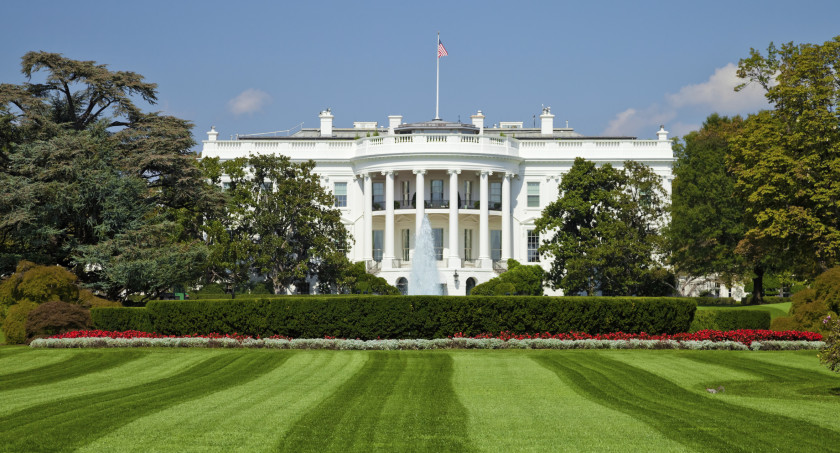With the state caucuses underway for both the Republican and Democratic parties alike, it has become increasingly clear that social media is playing (and will continue to play) a major role in whom we elect as our next president.

Candidates are taking advantage of social networks like Twitter and Facebook to voice their policies as well as to bash other candidates in humorous and oftentimes rude ways. Conversely, this allows candidates’ Twitter and Facebook followers to voice their opinions and concerns about their favorite and least favorite Presidential candidates.
Social media campaigning opens the door for greater and more widespread fundraising opportunities. For example, Democratic candidate Bernie Sanders has used Twitter tactics like the constantly trending hashtag, #feeltheBern, to fuel his mostly grassroots campaign. Everywhere politicians are utilizing the connective power of social media to sway voters, in addition to the usual method of running aggressive Super PAC-funded ad campaigns. By emotionally involving their followers in their political messages, candidates from both parties hope to accrue a committed support that translates into votes.
The influence of politicians’ use of social media will extend well beyond the election. Social media does more than just raise money and draw in support from would-be voters. It actually encourages people to take a more active part in the world around them. Regardless of who gets elected, Americans will take to social media to discuss, praise, and deride their policies.
Now more than ever, politicians are beholden to their supporters.
Sourcing via Voice of America and the Guardian.


